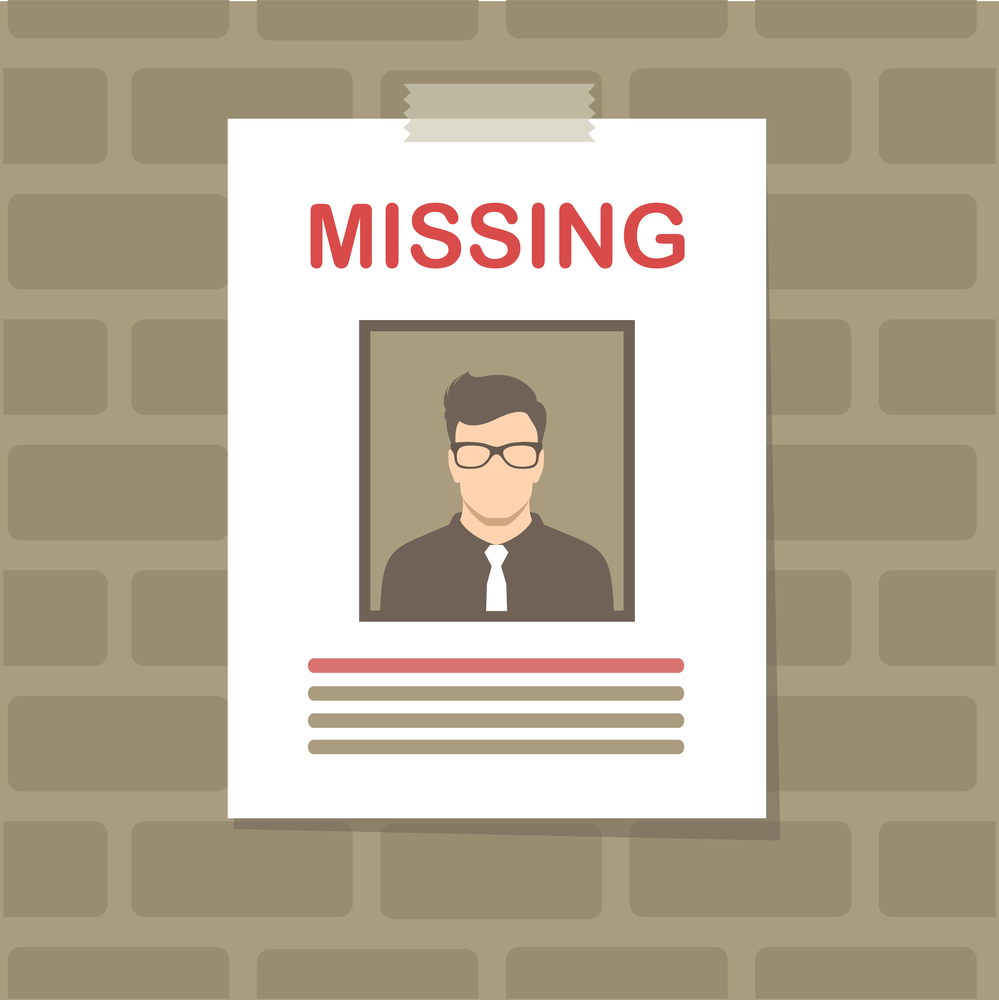Who Needs to be There: Personal Injury

{4 minutes to read} As my last blog took all the mystery out of the still almost-new AI phenomenon, we now return to the issue of who needs to be present at a mediation. I have previously addressed this issue regarding construction and divorce cases. The obvious answer to the question of who needs to be present at a mediation would be the parties however, that is not always the case. This is particularly true in personal injury matters where sometimes neither the plaintiff nor the defendant is present.
Since motor vehicle accidents are the most typical personal injury cases, I’ll use those as the basic example. Defendants in personal injury cases are often represented by counsel hired by insurance companies. That attorney is always present, and now that so many mediations are done via Zoom, an insurance adjuster may also attend. The defendant driver? More often than not, he or she is not present, especially if that driver was already deposed. The Plaintiff’s attorney is at the mediation, and certainly the injured plaintiff, right? Maybe. But maybe not.
It’s a toss-up whether or not the plaintiff appears. The plaintiff’s lawyers do not always want the plaintiff present at the mediation. This is related to sausage and legislation, meaning watching either being made may not be pretty. An injured plaintiff may have high expectations as to how much a case is worth. Let’s pick a number. Say …. a million dollars — a solid round figure. This number can come from all sorts of places: Friends, family, the internet, TV commercials, and even the plaintiff’s attorney. But like any negotiation, how you get to the endpoint can be circuitous. If the million-dollar case is a $325,000 case, the plaintiff’s counsel is going to start the bidding much higher than that. Much higher. If the plaintiff is present during the negotiation, those opening demands will leave an impression, raise the plaintiff’s expectations, and make it much harder to ever get to the $325,000 number, which in the end will settle the case.
If the injured plaintiff is in another room, or available by phone, things may go more smoothly to the benefit of all. A cynic might wonder if it is just for the benefit of the attorneys, though that is not typically the case in my experience. However, what about Self-Determination, the holy grail of mediation? In personal injury cases at least, the plaintiff’s attorney typically knows the client’s bottom line well before the mediation. And while that may change, it will only be after a discussion between the client and the attorney. That can happen outside of the actual mediation.
In medical malpractice cases, the doctors who are defendants may not want to be present during the mediation between the doctor and the patient. They are usually more than happy to let the insurance company attorney do what needs to be done, though not without consulting the doctor before a final agreement is reached. That doesn’t mean this is always the best approach. Having the doctor and patient present together during a med-mal mediation does provide an opportunity for an apology, something that can at times be effective in resolving such cases. For an interesting analysis of the role of apologies in medical malpractice cases, take a look at this article from The Journal of the American Academy of Psychiatry and the Law. Apologies are not a part of most mediations, but occasionally they happen and can be beneficial for everyone. Of course, those must be done with the parties present.
 |
Gary Shaffer Shaffer MediationGary@ShafferMediation.com |
